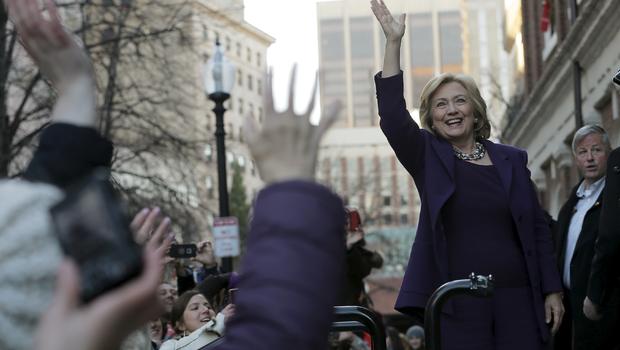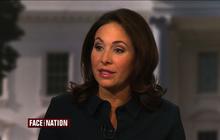Months after formally endorsing Gov. Bruce Rauner's controversial turnaround agenda for Illinois, Lincolnshire officials are going further by moving to establish the town as a right-to-work zone.
Trustees are considering an ordinance that would prevent local employers from automatically deducting union dues from workers' paychecks. Eliminating that mandatory deduction means workers couldn't be fired if they choose not to pay union dues or fees.
It's a key tenet of Rauner's economic plan, which critics have bashed as anti-union or anti-worker.
Rauner and his allies have said the proposals in the turnaround agenda, including the one that calls for what the governor termed "employee empowerment zones," give people more local control over their lives.
But labor unions, including the Illinois Federation of Teachers, say the governor's plan would result in lower wages, increased unemployment and decreased union membership, among other concerns.
Additionally, Illinois Attorney General Lisa Madigan has issued a formal opinion that municipal right-to-work zones aren't allowed under federal law.
Lincolnshire's trustees discussed the proposal this week and could formally adopt the plan at their Dec. 14 meeting, Village Manager Brad Burke said.
Mayor Elizabeth Brandt is championing the proposal. Brandt enthusiastically backed Rauner's overall turnaround plan in May, too.
"I want to give (this) 100-percent support," she said at the time.
Brandt didn't respond to multiple interview requests about the new measure this week.
The proposed ordinance would apply to people working for private companies and not government employees.
Voluntary payroll deductions for union dues still would be allowed.
Anyone who violates the ordinance could be charged with a misdemeanor and be fined or jailed if convicted, according to the proposal.
Lincolnshire likely is among the first towns in the North or Northwest suburbs to consider creating a right-to-work zone. Burke said he's unaware of any other village board taking such a step.
Likewise, few suburbs have joined Lincolnshire in endorsing Rauner's turnaround plan, which also calls for minimum wage reform, tax freezes, political term limits, lawsuit reforms and other proposals. Round Lake Beach, Third Lake, East Dundee and Elk Grove Village are among the other towns backing Rauner's agenda.
Conversely, Mundelein, Libertyville, Wauconda, Vernon Hills, Naperville and many other communities have rejected the proposal, opted not to vote after discussing the matter or decided not to bring it up for debate at all.
Several suburban officials said the issues should be addressed in the state Capitol, not village boardrooms.
That was especially the case after Madigan's March announcement that some elements in Rauner's plan are illegal. She specifically targeted the proposed right-to-work zones, saying federal labor law allows such policies to be enacted only on a statewide basis.
The Illinois Policy Institute -- a nonprofit research group that focuses on economic and government issues -- disagrees. It endorses the right-to-work concept and says Illinois law doesn't prevent home-rule communities, such as Lincolnshire, from adopting such ordinances.
But in an informational booklet on right-to-work zones given to Lincolnshire trustees before their discussion Monday, the group also said municipalities should be prepared for court challenges.
"If Illinois local governments start passing Right-to-Work ordinances, the unions will almost certainly file lawsuits against one or more of them," the group's report said.
When asked for his opinion of Lincolnshire's proposal and the potential legal risks, village attorney Adam Simon said officials are relying on the Illinois Policy Institute's analysis. He declined to comment further.
Lincolnshire Trustee Tom McDonough told the Daily Herald he was unaware Madigan had questioned the legality of right-to-work zones in Illinois. He called the plan fair for workers, labor unions and taxpayers.
"It's not fair (to say) 'You don't want to be in the union, too bad, you have to be in the union,'" McDonough said. "If you don't want to join, you don't have to join."
Even so, McDonough said officials will review the potential for litigation before voting.






